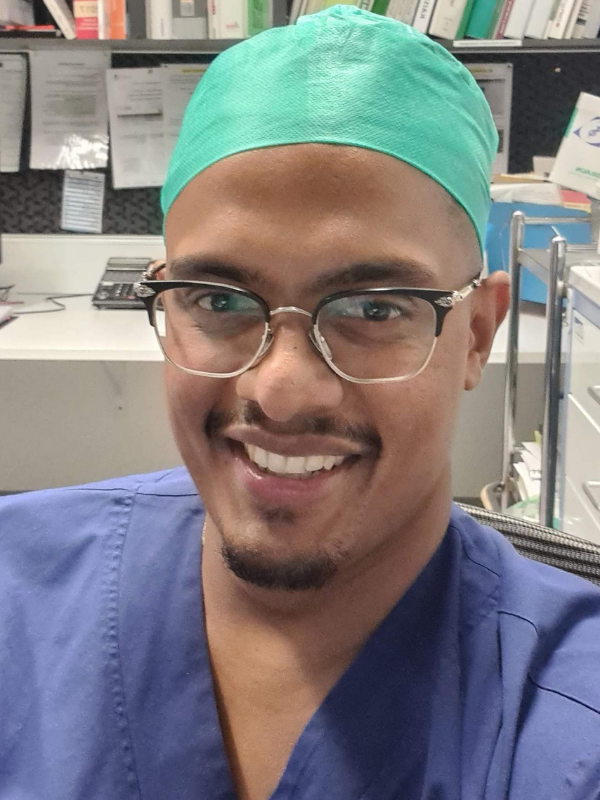
Watch Dr Arosha Dissanayake accept the research grant award and hear a bit about the project.
Project Summary:
Each year approximately 1 in 12 Australians who suffer brain bleeding from the rupture of an aneurysm experience re-rupture of the same aneurysm within the first 24 hours. This is devastating as re-bleeding greatly increases the risk of death and severe disability. Whilst this could be prevented by treating everyone as soon as they are admitted to hospital; aneurysm treatment requires expert teams using specialised equipment. Having such teams and equipment available 24/7, 365 days of the year at every hospital throughout Australia is too costly and logistically burdensome to make it viable. For these reasons predicting who is likely to suffer re-bleeding is critical but to date; no tool has proven to be useful. Our earlier research showed that internationally described scoring systems which predict re-bleeding for European and Chinese patients are not accurate for Australian patients. In this study, we investigate whether the tension on the wall of an aneurysm is different between Australian patients who suffered re-bleeding and those who did not when matched for all other known predictors. To estimate wall tension, we will use a newly developed computer program which needs only the size and shape of the aneurysm from brain scans together with blood pressure readings at the time of scanning. If this study finds wall tension is different between the groups, in the future this technique could be used to predict which patients with a ruptured brain aneurysm are at increased risk of re-bleeding and would benefit the most from emergency aneurysm treatment.



 The Brain Foundation is the largest, independent funder of brain and spinal injury research in Australia. We believe research is the pathway to recovery.
The Brain Foundation is the largest, independent funder of brain and spinal injury research in Australia. We believe research is the pathway to recovery.